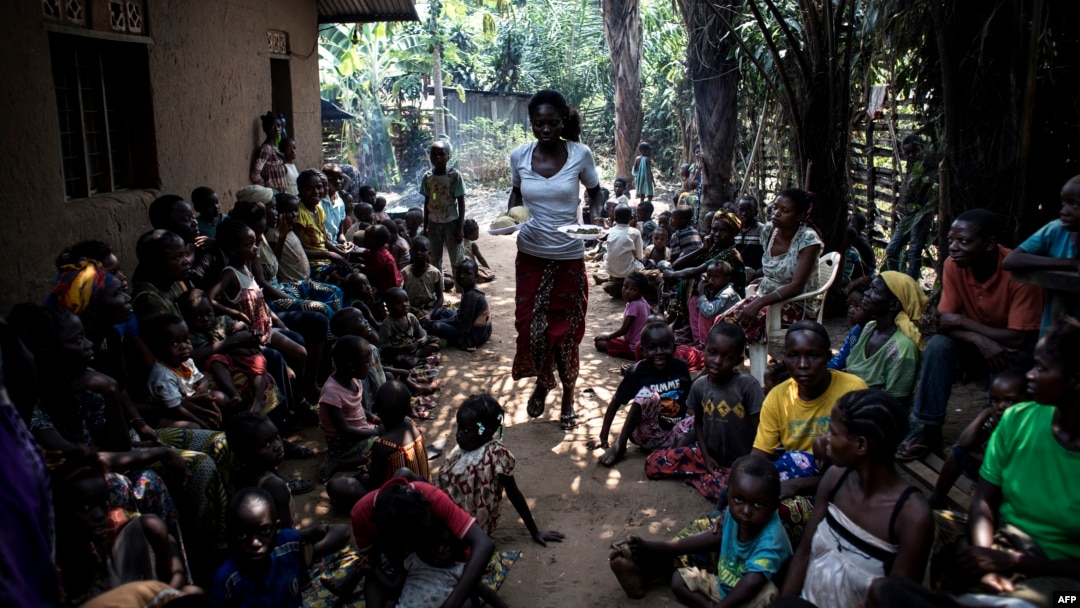The U.N. refugee agency warns mounting inter-ethnic tension in the Kasai region of the Democratic Republic of Congo threatens to plunge the region into renewed violence, with fears of more civilian displacement.
Last month, inter-ethnic fighting caused more than 11,000 people to flee their homes in the northern part of the Kasai. The number is small when compared to the 900,000 Congolese who have become internally displaced since the Kasai crisis erupted in 2016. But the U.N. refugee agency takes the situation very seriously. It notes that Congolese government forces have regained control of large areas of the Kasai. But it says sporadic fighting between the armed forces and militia groups continues, as ethnic tension grows and more people flee.
An additional complication concerns more than 35,000 people who have fled to Angola. UNHCR spokeswoman Aikaterini Kitidi says her agency only recently learned that Angola has forcibly deported some 530 Congolese between February 25 and 27. She told VOA she does not know why the Angolan government took the action.
“We are in contact with the authorities to make sure that there are no further deportations of people of concern to the UNHCR, of refugees. We have reiterated in our talks with the government counterparts [that] they need to respect the international principles. And we continue to monitor the situation in Angola, while noting that protection and humanitarian assistance for the returnees in DRC is, indeed, very challenging, due to security and funding difficulties,” she said.
Since September, Kitidi said some of the refugees have returned spontaneously to the Kasai, only to find it impossible to regain their former homes. She said many found their homes have been burned down and their property looted. She said many are living in churches and mosques, while others are forced to move to different provinces.
Kitidi said the UNHCR would like to help the returnees rebuild their homes, but that is not possible because the agency has received just 1 percent of the $369 million it needs to help people affected by the DRC crisis.


